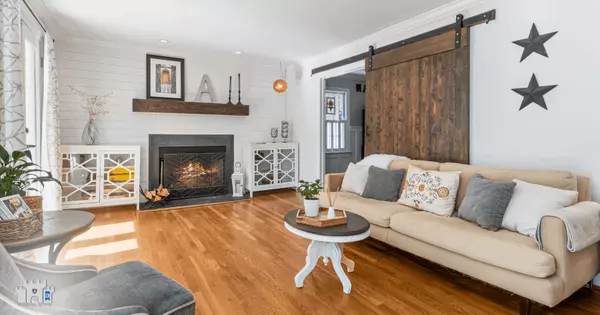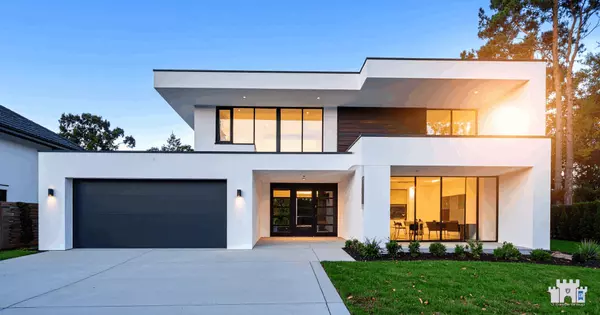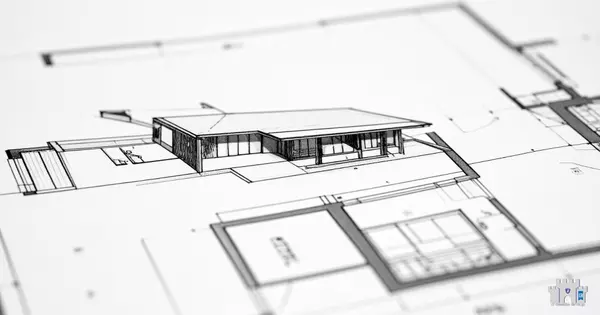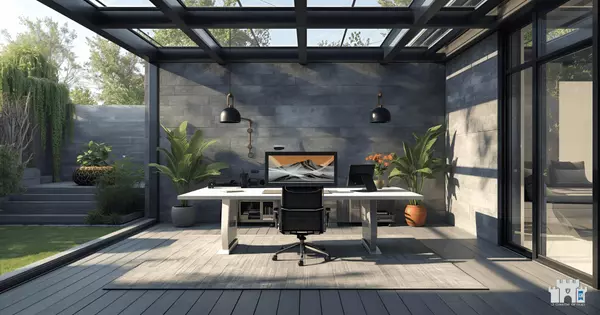How to Start Saving for Your Dream Home

Buying a home can feel overwhelming when you’re just getting started. Before you look at houses or book a showing, take time to think about how much money you’ll need to set aside. Planning ahead helps make the process smoother and less stressful. Even though it’s possible to buy a home with a small down payment, saving more can be helpful later. A larger down payment often leads to smaller monthly payments and fewer added costs. Begin by finding out how much home you can afford based on your income. Talking with a mortgage professional can give you an estimate and help set clear goals. They’ll also explain how different down payment amounts affect your loan. This early step helps you understand what’s realistic. Once you have a target amount, you’ll be ready to make a savings plan.
After setting a savings goal, think about when you hope to buy. Your timeline makes a difference in how much you’ll need to save each month. A longer timeline means you can put aside smaller amounts, while a shorter one might require bigger steps. Make sure your goal feels doable. This keeps you motivated and avoids added pressure. Next, look at your current budget to see where you can cut back. Small changes like eating out less or canceling unused subscriptions can add up. If you receive extra income, like freelance work or cash gifts, add it to your savings. Keeping your savings separate from your everyday spending helps avoid temptation. Consider using a dedicated account just for this purpose. The more consistent you are, the closer you’ll get to your goal.
Once your savings account is set up, it’s time to get into a routine. Making regular contributions, even small ones, builds a strong habit. Automatic transfers can make this easier, taking the money out before you’re tempted to spend it. You won’t have to remember each time, and it ensures you stay on track. Avoid risky investments since you’ll need the money sooner rather than later. Stability is more important than high returns when your purchase is coming up. If you make a large deposit into your regular account, move it over to savings as soon as possible. This might include work bonuses, tax refunds, or gifts. Even if it’s tempting to spend a little, putting that money away gets you there faster. Every little bit helps, especially when you're saving with purpose.
Saving for a home takes time, but it’s worth the effort. It’s not always easy to stay focused, especially when daily expenses pop up. But having a plan makes it easier to keep going. Tracking your progress can help you stay motivated. Celebrate small wins along the way to stay encouraged. Over time, your savings habits may even benefit other parts of your life. Planning for a home teaches patience and discipline. When the time comes to buy, you’ll feel more confident and ready. If you're feeling stuck, don’t hesitate to reach out to a real estate professional or lender. They can walk you through the next steps and help make your dream of owning a home a reality.
After setting a savings goal, think about when you hope to buy. Your timeline makes a difference in how much you’ll need to save each month. A longer timeline means you can put aside smaller amounts, while a shorter one might require bigger steps. Make sure your goal feels doable. This keeps you motivated and avoids added pressure. Next, look at your current budget to see where you can cut back. Small changes like eating out less or canceling unused subscriptions can add up. If you receive extra income, like freelance work or cash gifts, add it to your savings. Keeping your savings separate from your everyday spending helps avoid temptation. Consider using a dedicated account just for this purpose. The more consistent you are, the closer you’ll get to your goal.
Once your savings account is set up, it’s time to get into a routine. Making regular contributions, even small ones, builds a strong habit. Automatic transfers can make this easier, taking the money out before you’re tempted to spend it. You won’t have to remember each time, and it ensures you stay on track. Avoid risky investments since you’ll need the money sooner rather than later. Stability is more important than high returns when your purchase is coming up. If you make a large deposit into your regular account, move it over to savings as soon as possible. This might include work bonuses, tax refunds, or gifts. Even if it’s tempting to spend a little, putting that money away gets you there faster. Every little bit helps, especially when you're saving with purpose.
Saving for a home takes time, but it’s worth the effort. It’s not always easy to stay focused, especially when daily expenses pop up. But having a plan makes it easier to keep going. Tracking your progress can help you stay motivated. Celebrate small wins along the way to stay encouraged. Over time, your savings habits may even benefit other parts of your life. Planning for a home teaches patience and discipline. When the time comes to buy, you’ll feel more confident and ready. If you're feeling stuck, don’t hesitate to reach out to a real estate professional or lender. They can walk you through the next steps and help make your dream of owning a home a reality.
Categories
Recent Posts

Building a Routine That Keeps Your Home in Shape

Simple Deck Care Tips for Homeowners

How Video Walkthroughs Improve Real Estate Marketing

Last-Minute Buyer Requests: A Seller’s Guide

Why Natural Light Matters When Choosing a Home

Why Wellness Spaces Appeal to Buyers

Is Less Grass Better for Homeowners?

Making Flexible Floor Plans Work in Marketing

How to Market a Home With Outdoor Workspaces

Planning a Simple and Affordable Housewarming Party
GET MORE INFORMATION

Kenneth Jamaca
Managing Broker | REALTOR | License ID: 02080040
+1(925) 413-1849 | kenneth@jcastlegroup.com
